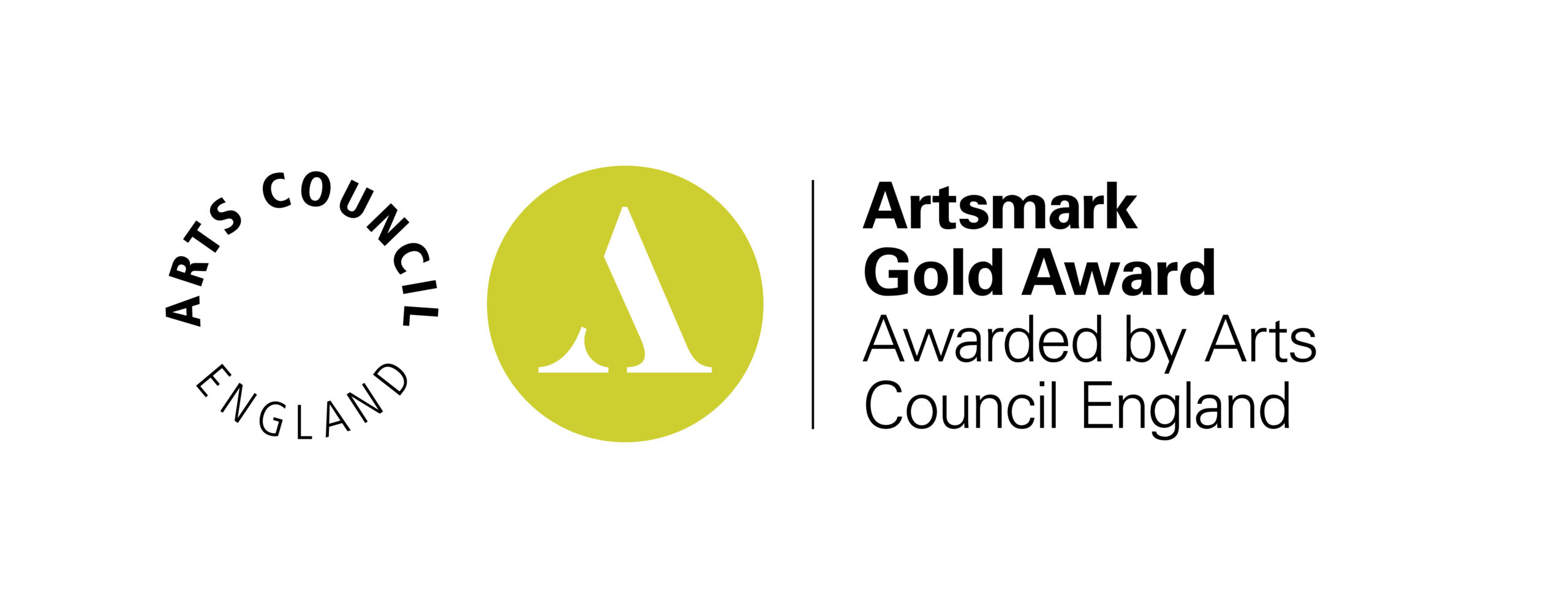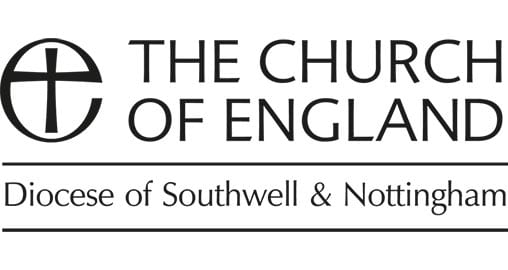A huge shout-out to our hospitality and catering students in years 10 and 11 for an amazing start to their practical sessions this year.
Year 10 have been mastering basic vegetable cuts and whipping up a super tasty soup, while year 11 have been refining their food styling skills with mouth-watering posh fish finger sandwiches.
Well done to everyone for showcasing such incredible skills and producing such delicious results!




